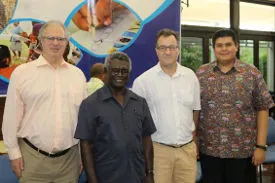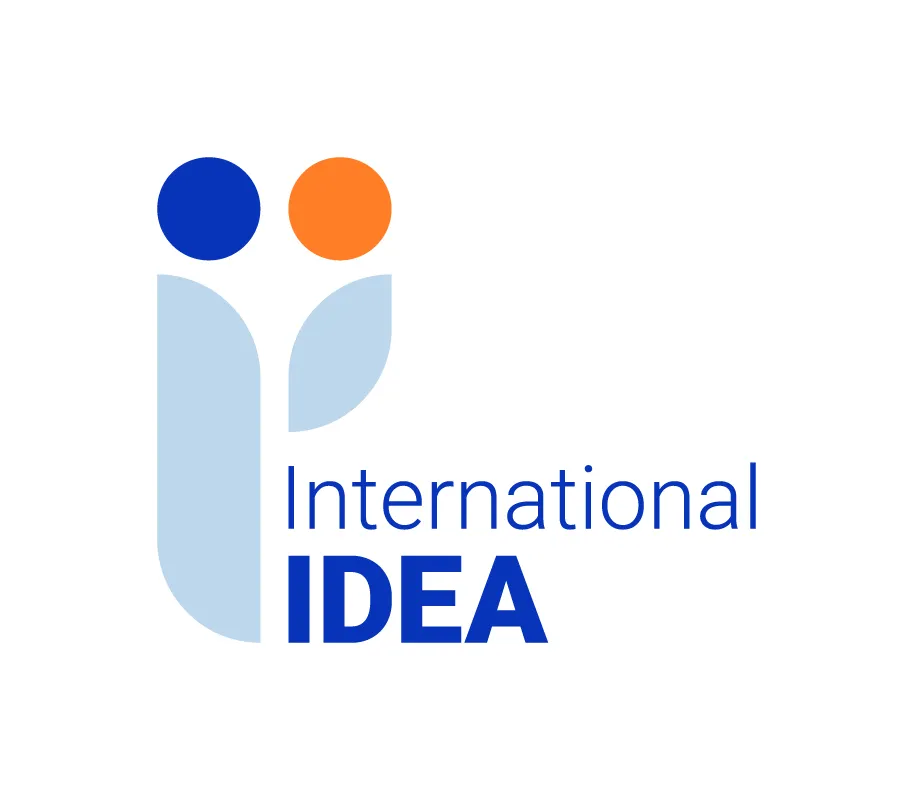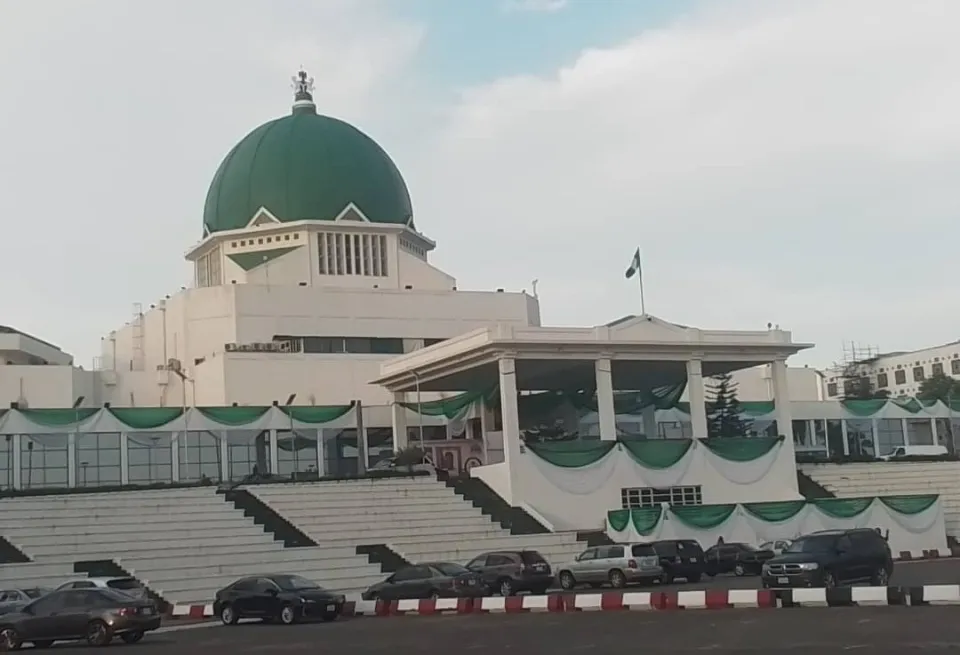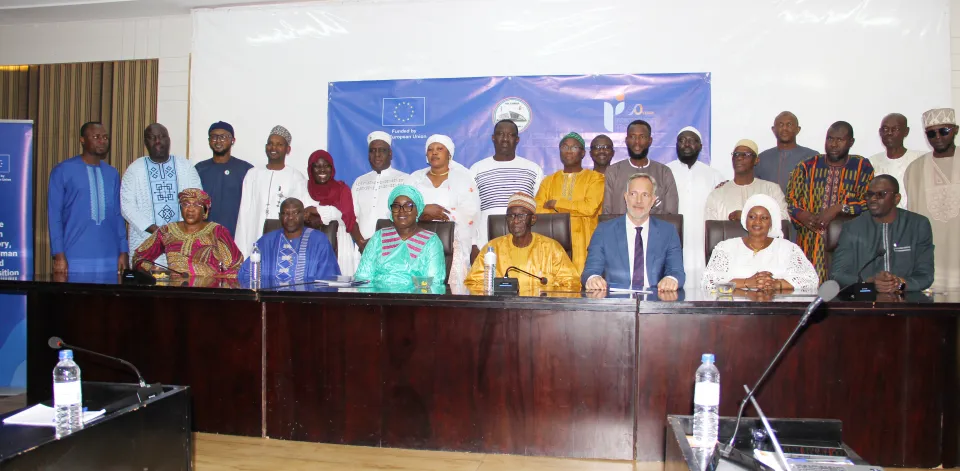IDEA provides expert input to explore new electoral system for Solomon Islands Seminar

The Solomon Islands has held regular parliamentary elections since independence in 1978 and the voter turnout has been relatively high according to IDEA’s voter turnout database. From the 1980s up to today the turnout has been between 58 to 89 per cent, 89 per cent voting in the November 2014 elections.
There is however dissatisfaction within the Solomon Islands with the poor performance of the political system, which is widely regarded as not serving the demands of citizens for effective service delivery and as sometimes associated with the outbreak of conflict. Governmental instability affects the performance and how the people perceive their electoral rights.
Solomon Islands currently uses the first past the post (FPTP) electoral system but the government is leading a discussion on how to reform this system and replace it with something more representative. The aim is to ensure majority support for elected members. In this context the government recently organized a three-day workshop gathering experts and stakeholders to explore the electoral system alternatives that best fit the Solomon Islands. The opening statement was delivered by Prime Minister Manasseh Sogavare.
International IDEA’s Andrew Ellis, Asia and Pacific interim Regional Director and co-author of the Electoral System Design Handbook, and Adhy Aman, Senior Programme Officer for elections, political parties, participation and representation were invited to serve as resource persons at this workshop.
Mr Aman gave an overview of electoral systems presenting basic concepts, different kinds of electoral systems and their usage around the world, what differentiates each system and the advantages and disadvantages of each. He also highlighted the usage distribution in the Pacific with majority/plurality systems like FPTP used by most countries in this region.
Speaking about the issue of criteria for an electoral system design, Mr Ellis, emphasized a long list of factors that a country may want in an electoral system such as representation, inclusion, stable and efficient government, accountability, integrity and effective political parties.
Though it is not possible to achieve all of these simultaneously, and priorities should be identified: when this is done, electoral system design can respond, Mr Ellis said, emphasizing the importance of institutional framework in designing an appropriate electoral system for Solomon Islands.
“In designing an electoral system, the choice is influenced by the parties and the legislators. The party framework and the choice of legislators are influenced by the choice of electoral system.”
Mr Ellis also presented legal and other issue relating to electoral system reform, stressing the role of legal instruments at all levels and implementing regulations and other legal documents, significant in reforming a political system.
It is also of important that aside from the central role of legislators and political parties, the process of reform involves inputs from stakeholders – experts, academics, consultations with civil society and citizens in general. In addition, voter education is a critical aspect of reforming an electoral system and gaining support for change as legitimate and credible.
Regional electoral experts Professor Benjamin Reilly, also a co-author of the IDEA Electoral System Design Handbook, and Professor Jon Fraenkel also provided international comparative inputs, presenting models of democracy in Asia and Pacific, women’s representation and participation in Melanesian democracy and other factors to consider in moving towards reforming Solomon Islands’ electoral system.
Participants included officers of the Election Commission and the Registry of Political Parties, political party representatives, and representatives of provincial authorities in the Solomon Islands.



